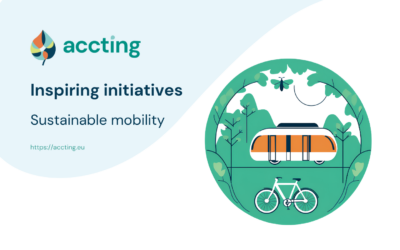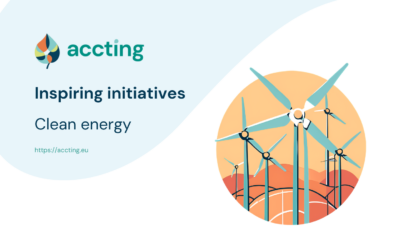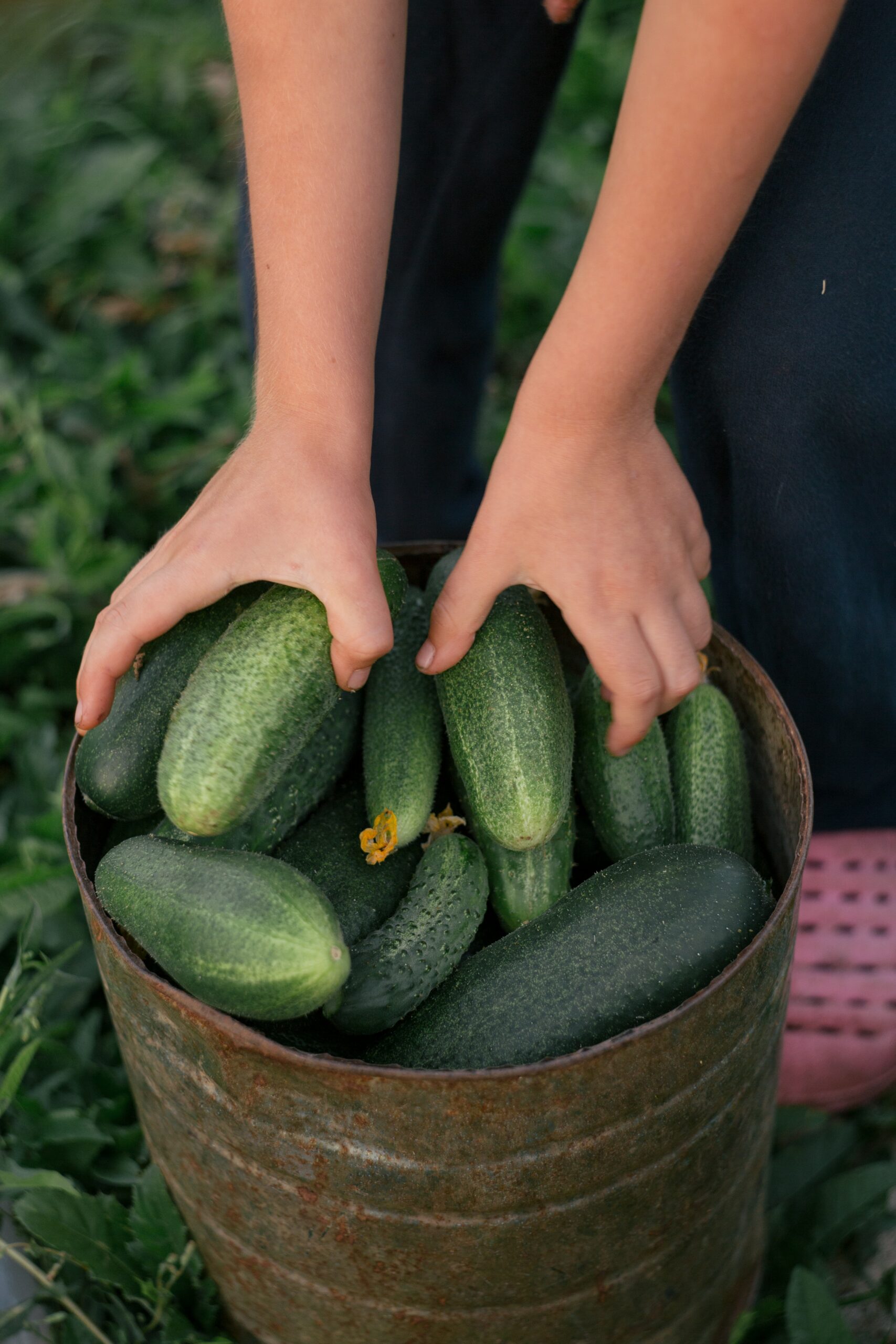
Photo by Klara Kulikova from Unsplash
ACCTING aims to understand the impact of Green Deal policies on vulnerable groups, prevent inequalities, and produce knowledge and innovations to advance behavioural change at individual and collective levels for an inclusive and equal European Green Deal. This bottom-up initiative was collected by Gabor Szudi within ACCTING’s mapping of inspiring practice cases, within the Farm to Fork research line. Read our report on all 693 mapped initiatives.
Kiút, Hungary
The Kiút programme is a work-integrated training program in which vulnerable Roma people with a predominantly minority background are provided with training and mentoring on how to grow cucumbers on their land and generate income by selling the surplus through companies contracted by the program maintainers. In addition to practical agricultural, entrepreneurial, and accounting skills, underserved, vulnerable people learn pro-environmental values and obtain education about sustainable food production and consumption.
Better conditions for Roma people
The initiative is run by a private non-profit limited company whose main shareholder is the Polgár Foundation for Opportunities, an NGO established by private persons from the business sector who strive to use their wealth to support vulnerable people through different projects.
On-the-field training is provided by field workers trained and employed by the NGO – their responsibility is to have daily contact with the vulnerable people participating in the program and support them in each step towards establishing their own successful sustainable agricultural production, i.e. obtaining the microloan, developing the field to be used for plantation, getting the necessary materials and equipment, establishing and maintaining contact with the purchaser of the surplus food, accounting, etc.
Raiffeisen Bank provides the participating people with a microloan of around HUF 150-200.000 (around EUR 500), which is needed to start their business. The microloan system – a model taken from the original Grameen system and adapted to Hungarian conditions – is an integral part of the program because it builds trust within the system where vulnerable people learn to take self-responsibility and overcome the so-called learned helplessness.
Interested municipalities in Hungary’s most disadvantaged regions were found to be able and willing to work with the field workers employed by the Polgár NGO (currently 15 settlements). An adequate number of field workers were employed and trained to support the vulnerable people participating in the program. In addition to social skills, they should possess environmental, agricultural, administrative and financial knowledge.
Environmentally sustainable and non-sustainable food values depending on culture (countries), age groups, gender, or key vulnerable groups.
Through awareness-raising and dissemination activities, interested vulnerable people got involved in the program in 2020; due to the difficulties caused by the ongoing Covid-19 crisis, 63 producers were involved from the 15 rural settlements (the peak period was around 100 people in 2015-16). Each producer receives an innovative work-integrated training and mentoring program where pro-environmental values associated with food consumption and production are also taught with the final aim of providing vulnerable people with skills that can move them out of their deprived situation through better labour market integration.
A promising future
In 2020, 316 tons of cucumber were bought for more than HUF 50 million from 63 local food producers. The participating people receive an average of HUF 350,000 extra income after paying the costs for their work.
Beyond the immediate financial added value of the program, vulnerable people participating in it gain such skills (environmental and labour market-related) that can support them in their labour market (re-)integration. Based on the data available, there are many who, after working with the program, can find a permanent job in the formal economy.
More inspiring initiatives
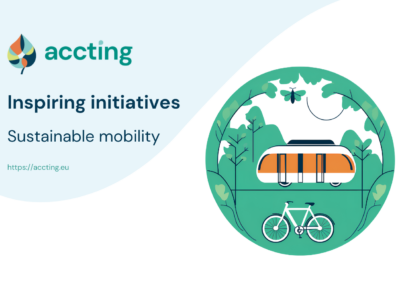
A city on two wheels
In the heart of Sweden, the Uppsala Cycling Association (UCF) has been Read More

Transforming urban transport
Bicycle Łódź is a dynamic social initiative launched by the "Normal ... Read More
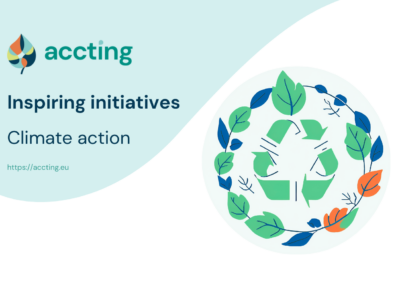
Transforming education for a sustainable future
Ibda L-Bidla is an initiative by Kopin in Malta, designed to integrate Read More

Cycling for change
Vélorution Esch is a community-driven initiative in Esch-sur-Alzette, ... Read More

Revolutionising sustainable mobility in Luxembourg
CARLOH is Luxembourg's pioneering car-sharing service, designed to ... Read More

Paving the Way for a Greener Future
The Wrocław Cycling Initiative is transforming Wrocław into a truly ... Read More

Educating the Next Generation of Cyclists
The Cycling School of Active Citizenship, a project initiated by the ... Read More

Empowering young cyclists for a greener future
The Lisbon Municipal Programme of Bike Trains is an innovative ... Read More


